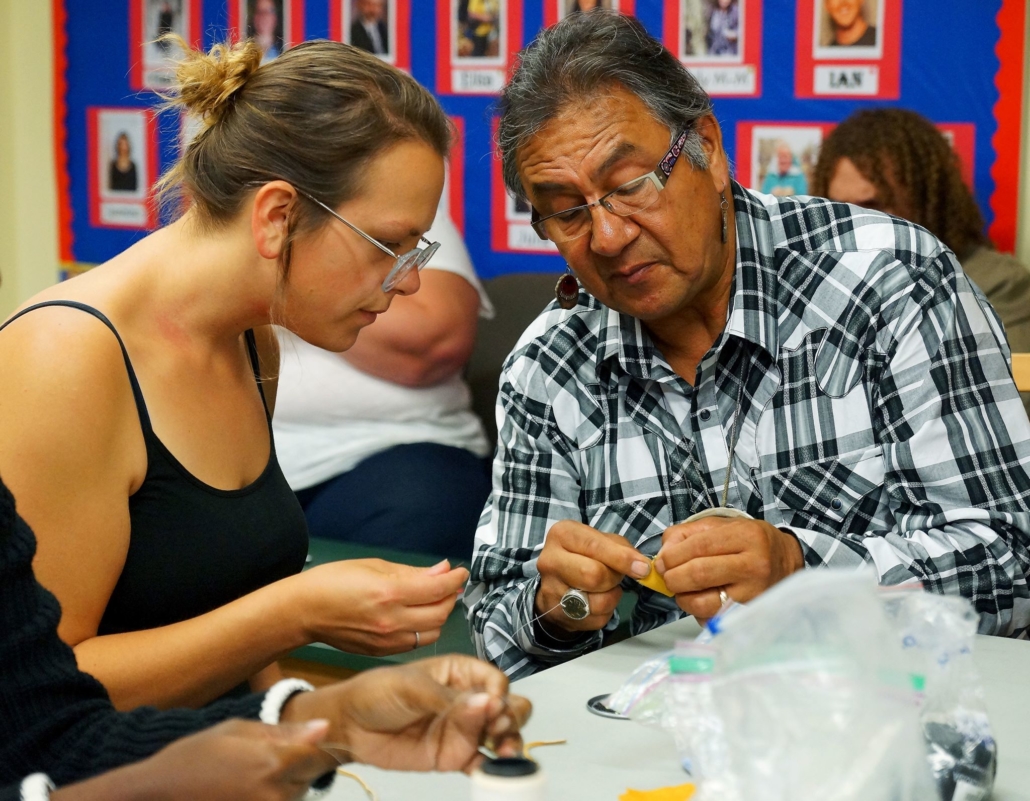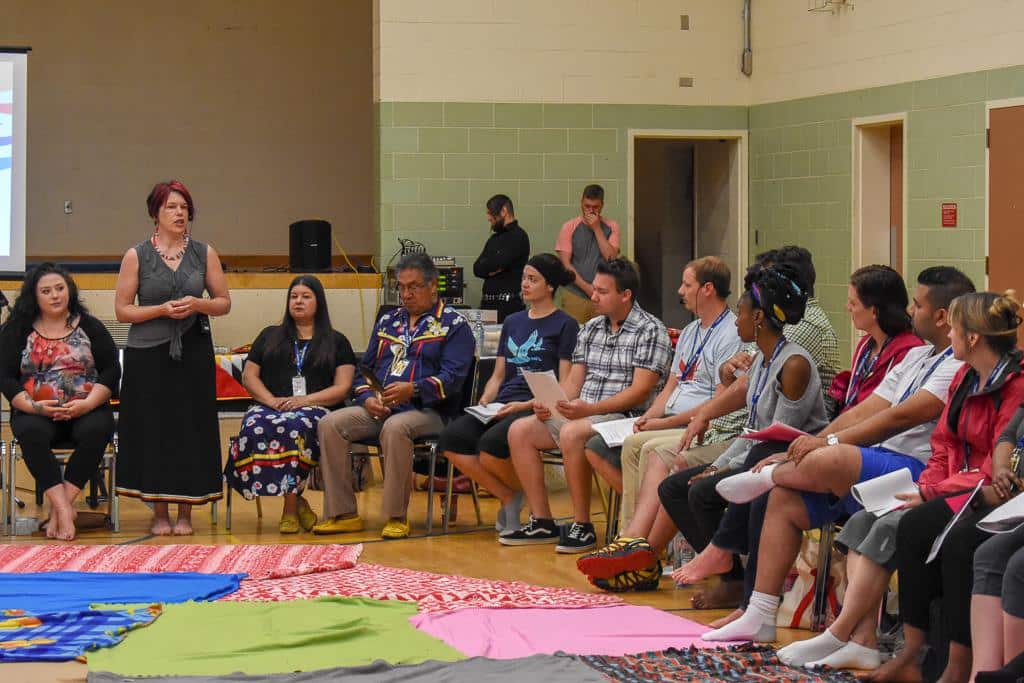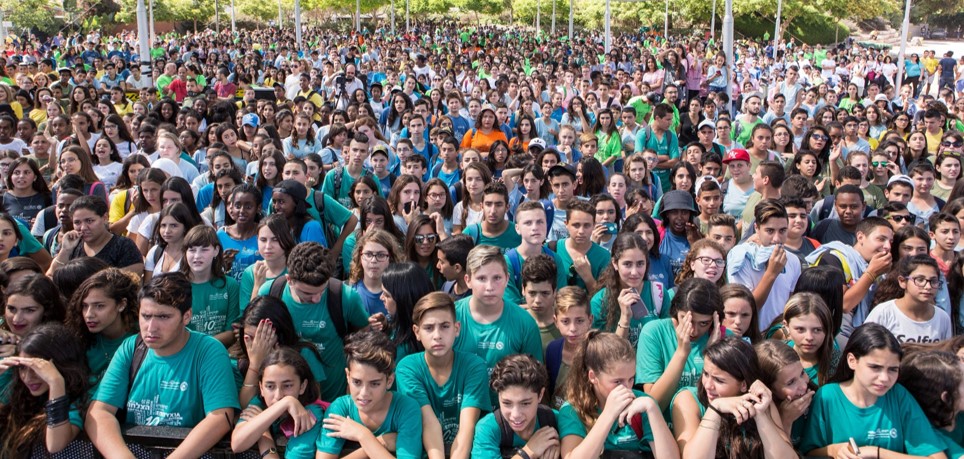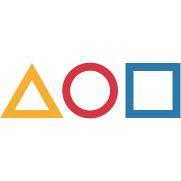Connecting with students when they most need it

Teach for Canada
The state of education for indigenous youth in Canada is dire, with 48% of on-reserve youth and 75% of off-reserve Indigenous youth finishing high school.
Launched in 2015, Teach for Canada believes that “the right kind of teacher” can bridge the education gap in remote First Nations communities. They work with these communities to recruit, prepare, and support teachers.
Teach for Canada hires fully qualified teachers and provides ongoing support through peer, professional, community and personal support.
Their model includes autonomy and input from the communities with which they partner. While TfC does the initial interviewing and screening of the recruits, each community selects the teachers they wish to hire from the pre-screened pool.
Teachers participate in a three-week Summer Enrichment Program, which is led by Indigenous leaders and experienced northern educators
All teachers in the program are paired with mentors and peer supporters, and have regularly scheduled meetings by phone and videoconference.
Teach for Canada currently supports 75 teachers in 18 First Nation communities in Northern Ontario.

The Azrieli Foundation’s Grants Manager, Emmanuelle Fontaine, visited a summer training session in Thunder Bay:
“I was delighted to be invited to attend some of the training sessions. The sessions focused on hands-on learning about the histories, cultures, languages, traditions, and values of First Nations communities. There were also lessons on culturally-responsive education, special education, professionalism, mental health and wellness.
I was moved by the blanket exercise, a workshop that explored the relationship between Indigenous and Non-Indigenous people in Canada. Everyone stepped onto blankets spread on the floor to represent Indigenous land before the arrival of the Europeans. We took the roles of First Nations and Inuit people while history—treaties, colonization, residential schools, resistance—unfolded.
The blanket exercise was followed by an emotional sharing circle where all 70 of us took turns talking about what we had just experienced. The talk was facilitated by a residential school survivor who shared his story with us and offered support during the most heart-rending moments.
Research shows that effective teachers are the most important factor contributing to student achievement. Teach for Canada helps teachers succeed so that students can succeed. The program has already shown improvement in Northern communities. In most schools, the average attendance before Teach for Canada was less than 50%. These schools have now been seeing a 35% increase in attendance. Teacher retention has also increased: the one-year retention rate for Teach for Canada teachers is over 90% whereas the average in First Nations schools is lower than 40%.
School perseverance is core to the mission of the Azrieli Foundation and these early, promising achievements are very encouraging.”


The Azrieli Institute for Educational Empowerment
Many years ago, David Azrieli was asked to support a program to encourage high school drop-outs to return to school. He contributed to the initiative, but in doing research about why kids drop out of school, he realized that many students disconnect from school much earlier. In 2002, the Azrieli Institute for Educational Empowerment was born with a novel approach to intervene with students at a younger age, to ensure that they stayed in school.
The program provides educational support, social development skills, and seminars to improve communication skills between youth and their parents. It operates in cities and communities throughout Israel’s socioeconomic periphery.
In 2018, the Azrieli Foundation and Darca Schools partnered to help support thousands of students in diverse communities.
The Azrieli Institute for Educational Empowerment is now operated by the Darca Network. Principals in the Darca schools are taught the Azrieli Empowerment method, and students are offered the opportunities of the Azrieli Empowerment program.
This holistic and effective support system provides the students of Israel’s geo-social periphery the tools that they need in order to learn and succeed.


Pathways to Education
Since 2001, Pathways to Education has been helping youth from low-income communities to graduate from high school and successfully transition into post-secondary education, training, or employment. It is estimated that there are 40,000 Canadian youth who drop out of high school every year and Pathways has set a goal is to reach 20,000 youth in 10 years.
This award-winning organization lowers the barriers that can stand in the way of high school graduation and focuses on the potential for a brighter future by providing leadership, expertise, and a community-based program proven to lower dropout rates.
Launched in 2001 in Regent Park (Toronto) to address the issue of high school graduation in that community, the program’s success encouraged Pathways to replicate the model in other communities and they now support 5,300 youth in Canada.
Pathways has improved graduation rates by an average of 85% across communities in which they operate. Over 73% of all students who graduated from high school while in the Pathways program have gone on to post-secondary education or training.

Youth Fusion: Experiential learning at its best
The idea was simple: hire undergraduate students and recent university graduates and connect them with high schools with significant drop-out rates to implement projects that motivate teenagers to stay in school, strengthen their school spirit and provide young students with a sense of belonging.
Youth Fusion is a model of a mutually beneficial exchange. Children in disadvantaged schools are given the opportunity to be involved in compelling activities like robotics, video game creation and entrepreneurship, and undergraduate students and recent graduates are provided with real-world, career-related experience to complement their studies.








